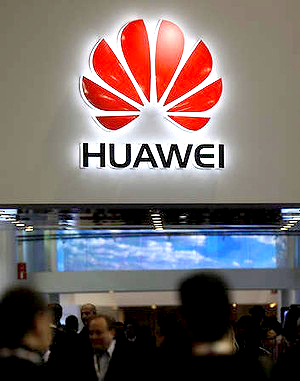Huawei talks internally about repeated spying claims
 The Chinese telecommunications giant accused of secretive tactics by Australian authorities has finally spoken out, albeit through a leaked internal email.
The Chinese telecommunications giant accused of secretive tactics by Australian authorities has finally spoken out, albeit through a leaked internal email.
Politicians from all sides and authorities around the world have voiced their opinions on the ban that has kept Chinese company Huawei from bidding on contracts for the national broadband Network. Huawei had stayed silent.
The Coalition Government has upheld the stance of the former Labor government, following continued warnings from Australian security and intelligence authorities.
However, an email sent by Huawei Australia chairman John Lord to the company’s 700 local staff has hit back at the criticism flung by the Communications Minister and Prime Minister. The email leaked almost immediately.
“You may have seen in the media that the Federal Government has upheld the ban on Huawei participating in the NBN... I want to emphasise that everyone at Huawei should hold their heads up high. You should all be ‘proud to be Huawei’,” said Lord, who was formerly an admiral in the Royal Australian Navy.
“While much of this week's commentary has focused on cyber security, I want to make it crystal clear that Huawei has never been presented with any evidence that our company or technology poses any kind of security risk.”
“Cyber security is a global issue which must be addressed collaboratively by vendors, operators and governments. It is not limited to any single vendor or any single country.”
Mr Lord says Huawei would give out its complete source code for security verification, but the offer has not been taken up by any agencies.
“That position still stands,” he said.
“We have nothing to hide, and we have complete confidence in the veracity of our equipment.”
“No other vendor comes close to the complete openness and transparency which Huawei has offered in this area.”
NBN contracts would be an extremely valuable icing on the cake from Huawei’s recent good run in the local market. Last year its revenues in Australia were $368 million, a 61% increase over the previous year.








 Print
Print